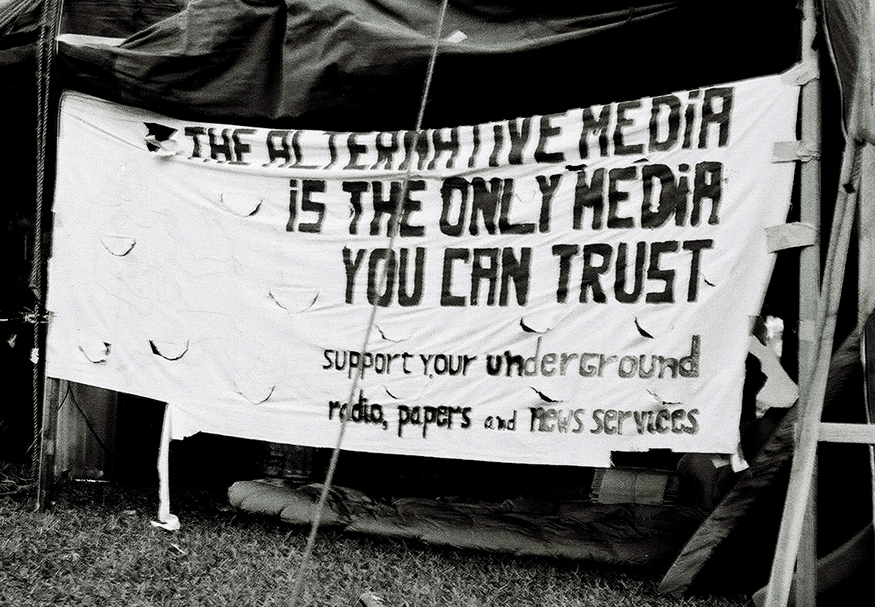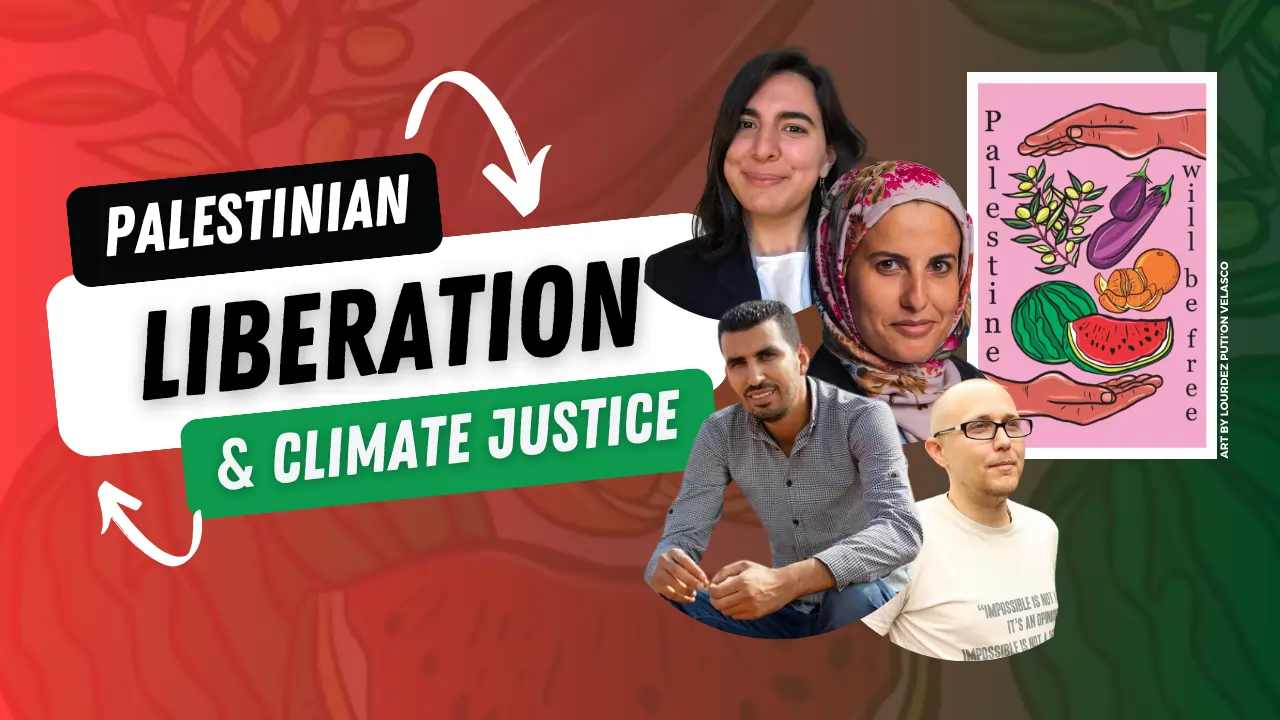Copenhagen, 8 December 2009
A proposed program to reduce CO2 emissions by conserving forests risks destroying the world’s natural forests, marginalizing Indigenous Peoples and undermining the global climate regime. Under the deal, called REDD (Reducing Emissions from Deforestation and forest Degradation), organizations and countries can receive money to protect a forest. However, according to a new report by the Global Forest Coalition “REDD Realities”[1], which will be launched at a side event in Copenhagen today, the national legislation in the countries concerned is too weak to ensure these financial flows will actually benefit forests and forest communities. This will be a particularly serious problem if the US and other Northern countries persist in their plans to finance REDD through carbon offset markets, as corporations will be able to ignore basic human rights and environmental norms.
The report features reports from 12 different countries on the current status of REDD plans and their coherence with biodiversity and human rights legislation. “Institutions like the World Bank have been painting all kinds of fairy-tales of how REDD will save forests, but in reality, REDD could easily become a nightmare”, states Simone Lovera, managing coordinator of the Global Forest Coalition, whose local Paraguayan group Sobrevivencia contributed one of the reports.
The report finds amongst others that in many countries, there has been little if any serious consultation with Indigenous Peoples on REDD strategies and their rights are still violated in many different ways.
“Under the UN Declaration on the Rights of Indigenous Peoples, indigenous peoples are entitled to the land they have conserved for centuries. But the potential financial gains to be made from REDD by governments and large landholders could encourage such customary land rights being brushed aside.” says Sandy Gauntlett of the Pacific Indigenous Peoples Environment Coalition.
The report also points out that women’s rights and needs are still ignored in national REDD policies.
Moreover, it concludes that the inclusion of “sustainable forest management” in REDD schemes could lead to the expansion of logging into pristine forest areas and monoculture tree plantations. Under the current definitions of the climate convention, no distinction is made between natural forests and plantations. This means that forestry companies can be paid to convert naturally grown forests into monoculture tree plantations, which will lead to huge biodiversity loss and cause a tragedy for forest communities.
“Monoculture tree plantations have caused devastating impacts by destroying biodiversity, soils, watersheds and the agricultural plots of local communities”, says Sibusiso Owen Ndidi of the Timberwatch Coalition in South Africa.
Members of the Global Forest Coalition, a worldwide coalition of Indigenous peoples Organizations and NGOs, and other groups are concerned that the rules and definitions that are currently being used for Northern forests, under so-called Land Use, land Use Change and Forestry (LULUCF) schemes, will be used for REDD too. These rules and definitions were already weak, and many Northern countries are trying to weaken them even further.
This morning, Global Forest Coalition members joined the International Youth Movement in a “LULUCF Lost and Found Action” to denounce the weakening of accounting rules for Northern forests. A lost and found booth containing lost CO2 emissions from forest management activities in Annex 1 countries was set up outside the Bella centre, so that delegates from Annex 1 countries could reclaim their lost, or unaccounted for, emissions from forest management on their way into the COP.
————-
COP15 side event: The gap between REDD dreams and real life forest policies, and the potential impact of genetically modified trees . The event includes the launch of the new GFC report: REDD Realities: How strategies to reduce emissions from deforestation and forest degradation impact on biodiversity and Indigenous Peoples in developing countries. You can download the report from the Global Forest Coalition website.
This afternoon, the GFC will launch a report that examines how REDD projects already underway impact on biodiversity and indigenous peoples in developing countries. During the presentation, speakers from Uganda, Colombia, Brazil, Panama, Nepal, Ghana, and Paraguay will tell about the REDD experiences in their country.
For more information, please contact:
Janneke Romijn
Media and outreach coordinator
Global Forest Coalition
0045 52695119
ja************@gl*******************.org
www.globalforestcoalition.org
The Global Forest Coalition (GFC) is an international coalition of NGOs and Indigenous Peoples’ Organizations involved in international forest policy. The mission of the Global Forest Coalition is to reduce poverty amongst, and avoid impoverishment of, Indigenous Peoples and other forest-dependent peoples, by advocating the rights of these peoples as a basis for forest policy and addressing the direct and underlying causes of deforestation and forest degradation.
Global Justice Ecology Project is the North American Focal Point of the Global Forest Coalition



